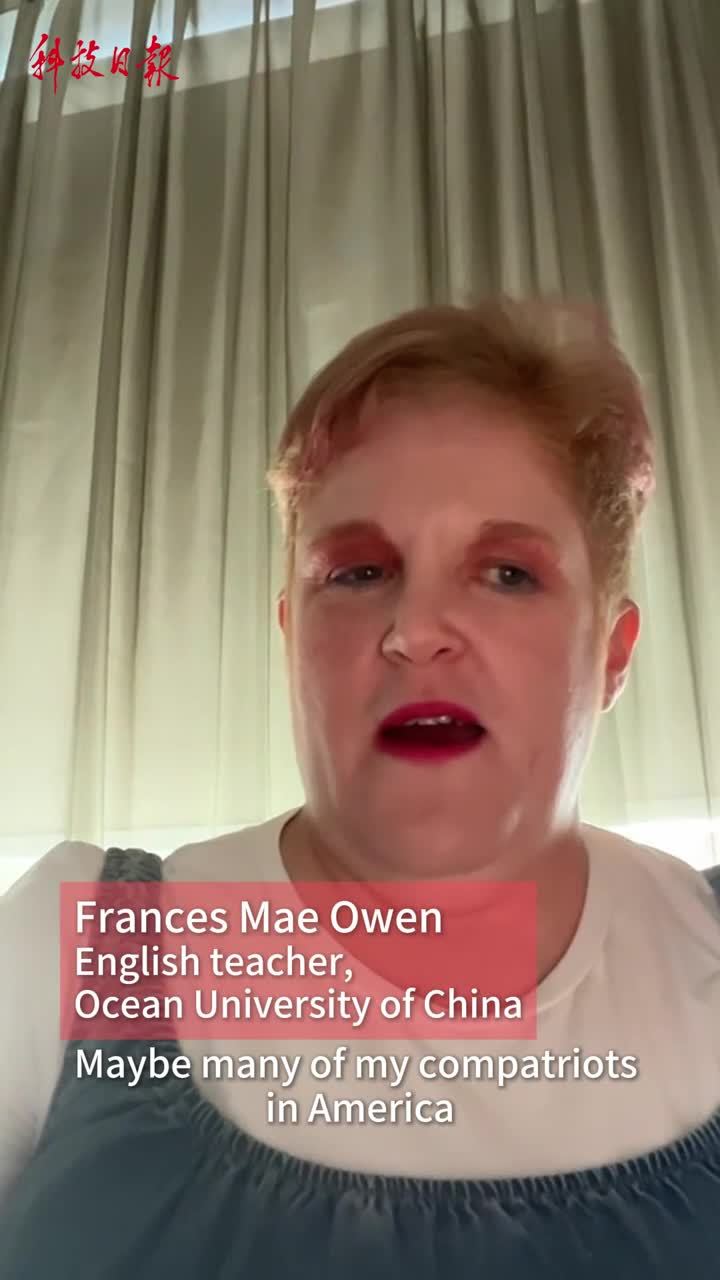First Tea Related Site Inscribed on World Heritage List
Villagers pick tea leaves in an old tea forest of the Jingmai Mountain in Pu'er, southwest China's Yunnan Province. (PHOTO: XINHUA)
By?Staff?Reporters
As the first World Heritage site with a tea connection, the Cultural Landscape of Old Tea Forests of the Jingmai Mountain was inscribed on the UNESCO World Heritage List during the extended 45th session of the World Heritage Committee of UNESCO in Riyadh, Saudi Arabia on September 17.
The area is located in Pu'er city, southwest China's Yunnan province, and becomes China's 57th site on the list. In the 10th-14th centuries, ancestors of Blang and Dai people discovered wild tea trees when they immigrated into the Jingmai Mountain.
Chen Yaohua, director of World Heritage Research Center at Peking University, said that the old tea forests in Jingmai Mountain also proved that tea trees originated in southwest China, where tea trees were discovered, used and planted the earliest in the world.
Incorporating five old tea tree forests, nine traditional villages and three shelter belts, the landscape maintains robust vitality until today, and is a model for sustainable development and the positive interaction between human and nature.
The World Heritage Committee recognized that the landscape met the standards of a World Heritage site, stating that their unique protection and management system respects the local climate, topographic features and the population of animals and plants, realized the protection of cultural and biological diversity and the sustainable utilization of natural resources, and displayed the unique tradition of complementary utilization of natural resources by the Blang and Dai people, who have long been living in the mountainous area.
The site selection, pattern and architectural style of the villages and traditional dwellings, which are elements of a heritage site, also demonstrated the knowledge and utilization of the ecological environment, the committee noted.
The application for entering the World Heritage List began in June 2010, and much work has been done since.
Li Qun, deputy minister of culture and tourism and commissioner of the National Cultural Heritage Administration, said the administration has offered support and guidance to Pu'er city and Yunnan province, to systematically enhance the capability of heritage protection, management and demonstration, which enabled the good momentum of old tea forests and villages.
It's worth noting that for the past few years, Pu'er city and Yunnan province have published and implemented three specific laws and seven regulations providing legal and regulatory basis for the protection work.
In addition, Li also?shared the experience in the successful application for the heritage site, including actively exploring a management system that fits the characteristics of agricultural civilization, promotion of the combination of modern technology and local traditional ideology, and driving the practice of world heritage application and protection facilitating rural revitalization.







